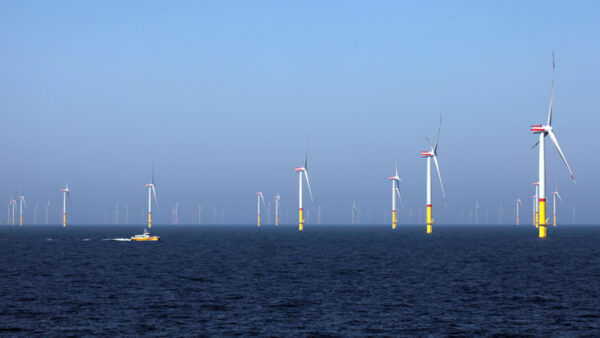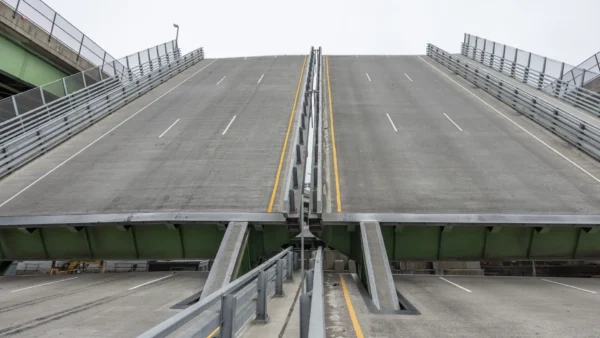After three days of protests by residents worried about air pollution, the mayor of a Chinese city has today cancelled plans to open a household waste incinerator that had been under construction for two years.
Residents began protesting in Xiantao, Hubei Province, on Saturday 25 June against the plant over concerns about hazardous emissions after news spread online that the plant was about to pass official assessments.
According to Chinese media, residents were angry due to a lack of information about the plant, which was scheduled to open at the end of this year.
Construction began in June 2014.
The city cannot hide necessary information about the project before construction is complete– Xiantao native, Luo Liping
Reacting to the unrest, Xiantao Mayor Zhou Wenxia uploaded a video at 2am today saying construction would be stopped, a move officials say has ended the protests.
On Saturday when protests began the city government released a statement saying the plant was urgently needed to deal with waste, since the area’s only landfill would be full within three years.
Officials added that the plant would be equipped with technology that would meet the strictest emissions standards set by the European Union.
But that did not stop the protests.
“I support better ways to deal with the increasing household waste, but I’m strongly against the incineration plant because it is located too close to residential communities,” said Luo Liping, a Xiantao native who claimed to be considering selling her apartment due to the potential pollution, reported newspaper China Daily, via China.org.cn.
“The city cannot hide necessary information about the project before construction is complete. They should listen to the affected residents’ opinions,” said Luo. “Without sufficient communication, the project, which is supposed to solve the waste problem, would become a thorny problem for the government and the residents, triggering conflicts.”
One expert told China Daily that public protests, rare in China, have become more common over waste incinerators, and that concealing information from the public exacerbated the issue.
The Xiantao incident “may trigger residents in other cities to follow suit,” said Xue Tao, deputy head of the Institute of E20, an environment platform, and Environmental Sciences and Engineering College of Peking University.
He said the source of anger lies in insufficient communication between the government and the public, the lack of monitoring from authorities and access to emission data for the public.
Image: Factory smokestacks add to the haze by the Yangtze River in China, 2008. Protests over poor air quality, particularly against waste incinerators, have become more common in the country (High Contrast/Wikimedia Commons)






